Chocolate eggs still. Tick. Roast dinner still. Tick. Church still. Tick. But as if in a strange, distorting dream. This is Easter in Exile. Double exile for my wife and me. Unable to see our daughter just a ten-minute drive away from our Melbourne home. As migrants, like so many Australians, self-exiled from our large extended families celebrating far away, in New Zealand and England. And also unable to join physically in worship at this pivotal time for Christians. The compensations for the sacrifices that all – believers or not – were required to make during this unique Lenten season have been few. As usual, I gave up chocolate, a tough assignment involving complex theological hurdles such as whether chocolate digestive biscuits truly count as ‘chocolate’. My (Anglican) parish priest frustratingly declined to rule and the scriptures were for once no help. Mea culpa, I fell to temptation. Now, our living room is running riot with chocolate wildlife – bunnies, bilbies, eggs of course – which demand rapid consumption while still fresh. I relished biting the head off a platypus on Easter day. My wife took on, as usual more successfully, the greater challenge of giving up alcohol for Lent and patiently waited to complement our Easter dinner with a glass of Yarra Valley bubbles.
On Easter morning, my wife participated via YouTube in the eucharist at Christ Church, Brunswick (motto ‘Enter the Mystery’) led by the charismatic Bishop Lindsay Urwin. He has packed the church with a wondrous diversity of folk from every generation, culture and occupation since returning as vicar there from a starry career in England. The church’s bright young woman deacon preached cogently on Good Friday. I stayed up late on Easter night, to worship – via Zoom – with the Congregation of the Good Shepherd. This is an ecumenical community that usually meets on rented club premises in Beijing and of which I was an eager member during my six years as China Correspondent for the Australian, leaving in mid-2018. The thoughtful, and youthful, pastor runs the service online from Bejing and scores of people with connections to COGS join in. Most like me worshipped there, finding the fellow-feeling and sense of transcendence crucial amidst busy lives in exile from home countries and in the heart of a state ruled sternly by a party that exalts atheism. During coronavirus isolation, the faces of worshippers have popped up on screen from India to South Africa, from the US to Germany and from cities around China. We join in the liturgy, the hymns and songs, and the creed, their words on screen, and we break into small online groups to share prayers – often, for loved ones struggling during this time of virus. There’s a great joy to be had from such togetherness even if mediated through screens, in the face of distance. And how touching to watch, on SBS World News, a family of African migrants to Australia, wearing their Sunday best, stand in their living room to participate via their TV in a live-streamed mass from Sydney’s Roman Catholic cathedral of St Mary.
The poverty of exile is especially severe for those Australians who still don’t have access to the internet, nor even own a computer or smartphone. It’s widely presumed that online solutions can be truly democratic. But they can’t. People fall through the cracks in all such supposedly universal platforms. We’re printing out and taking round to non-wired folk in our parish, information about events – or non-events – that would otherwise entirely pass them by. Ready access can itself also command constraints. My wife is among the millions working from home, so I need to take special care I don’t appear in a state of undress – there are many shocking stories out there – in the background while she’s engaged in an earnest Zoom conference with colleagues.
The biggest boon from this era of exile, is the time it provides, free of meetings, to clear out the house – discovering lost sources of joy, such as the almost-finished piece of lovely embroidery, the poignant family photo that had disappeared, while at the same time filling the bins with needless junk. The refuse workers are still going full pelt. Praise be!
My wife’s family all live in New Zealand, where the Blessed Jacinda rules supreme. As surprisingly often in NZ’s history, the population is embracing radical social and economic measures. Its lockdown is considerably harsher than Australia’s and as it submits it casts half a censorious eye across the ditch at our characteristically more flexible approach. My brother-in-law died – unrelated to coronavirus – but his daughters and grandchildren could not visit him as the end approached, nor attend his funeral. Bereaved spouses – usually the sole other occupants of the ‘same isolation bubble’, in today’s Kiwi-speak – have to cope alone. My god-daughter has just started work as a nurse at this most testing time in one of London’s teeming hospitals. Anxiety understandably grips her mother, my cousin. My brother, in Manchester, is not a conventionally sentimental royalist. But he is among those millions in Britain and further afield, for whom Queen Elizabeth’s timely messages are providing unrivalled leadership and consolation. She was unconsciously speaking of herself when she commended this generation’s attributes as those of ‘self-discipline, of quiet good-humoured resolve and of fellow-feeling’. Speaking about the widespread religious symbolism of lighting candles to defeat darkness, she concluded: ‘This year, Easter will be different for many of us, but by keeping apart we keep others safe. Easter isn’t cancelled; indeed, we need Easter as much as ever.’ And of course just as Christmas Day begins the Christmas season for Christians, although it ends the commercial season, for Easter it’s the same. It starts now.
Got something to add? Join the discussion and comment below.
Get 10 issues for just $10
Subscribe to The Spectator Australia today for the next 10 magazine issues, plus full online access, for just $10.
You might disagree with half of it, but you’ll enjoy reading all of it. Try your first month for free, then just $2 a week for the remainder of your first year.

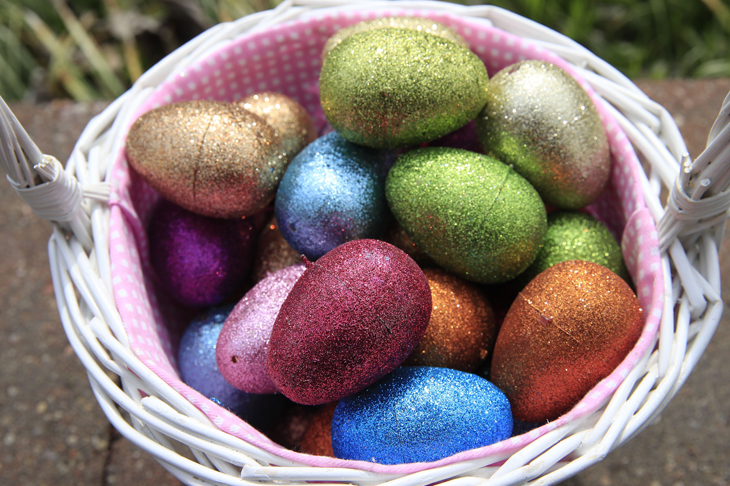

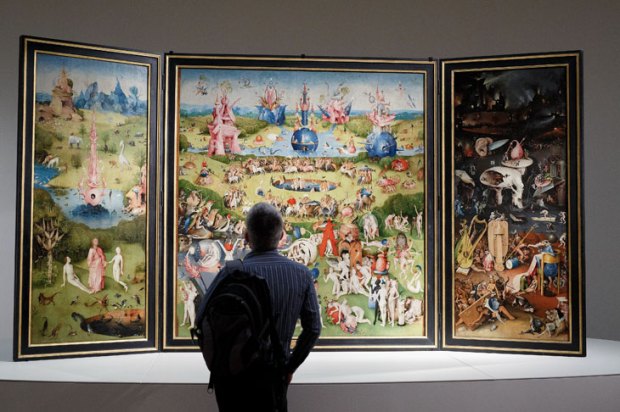

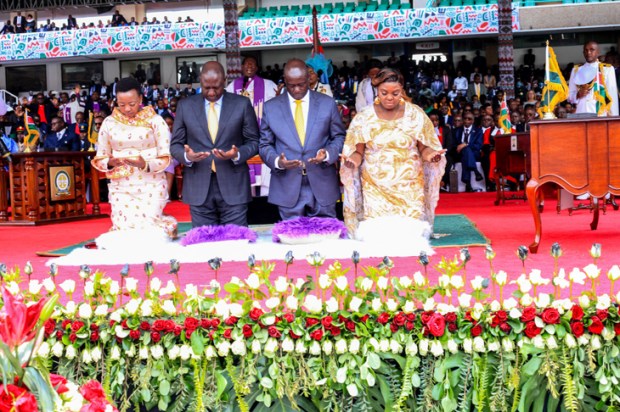
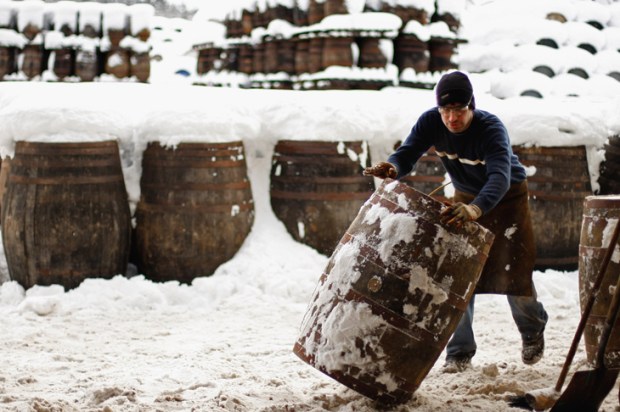
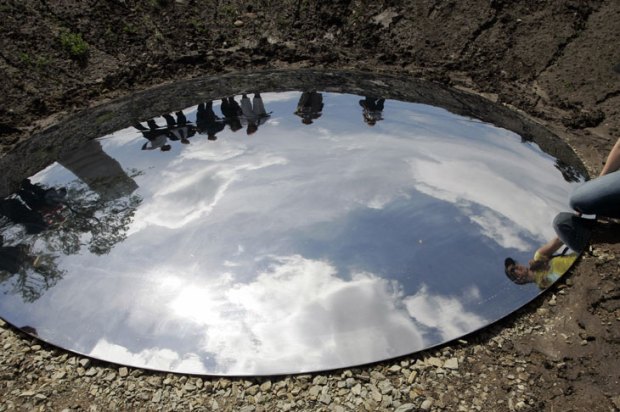






Comments
Don't miss out
Join the conversation with other Spectator Australia readers. Subscribe to leave a comment.
SUBSCRIBEAlready a subscriber? Log in